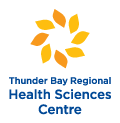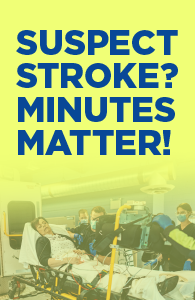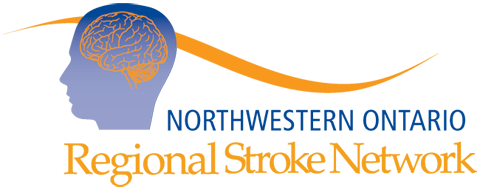A stroke may leave you incapable of identifying what’s wrong, so help from others can be critical.

Even Canada’s top doctor had trouble recognizing when he was having a stroke, a critical step in getting care to reduce the risk of death and ensuring the best possible recovery, the Heart and Stroke Foundation says.
As Canada’s first chief public health officer, Dr. David Butler-Jones helped steer the country’s response through the H1N1 pandemic. A stroke happens to someone every nine minutes in Canada. In May 2012, it happened to Butler-Jones while he was at work.
“I was trying to analyze what was happening to me. I never considered it a stroke until the next morning when I was walking funny. Then I still tried to talk myself out of the fact that I was very weak on the left side.” Butler-Jones was experiencing what is called “left neglect,” in which the brain doesn’t pay attention to things on the left side of the body.
It is one reason why the Heart and Stroke Foundation is focusing on the role played by the general public, family members and paramedics in helping patients to get to the hospital for treatment quickly, said Dr. Michael Hill, director of the stroke unit at the Calgary Stroke Program. “Often the stroke itself renders you incapable of identifying your problem and calling for help. You either are paralyzed on one side, you can’t get to a phone, you can’t figure out how to dial a phone and you can’t make yourself understood.”
After his stroke, Dr Butler-Jones had to relearn how to turn around, walk backward and overcome short-term memory problems. “Quite honestly, managing a pandemic was much easier. I knew how to do that. The hardest thing was having to relearn the names of my grandchildren.”
While Butler-Jones’s mental clarity, balance, stamina and sleep patterns have been affected , he maintains a positive attitude. “When I think about what I’ve regained, it’s phenomenal, and I’m very fortunate.”
Butler-Jones is now working fewer hours, teaching and advising on public health through Health Canada’s First Nations and Inuit branch in Atlantic Canada and Ottawa. He’s regained vocabulary through word searches, crosswords and other puzzles and continues to work with weights and balance exercises.
For more information: Heart and Stroke Foundation 2015 Stroke Report






